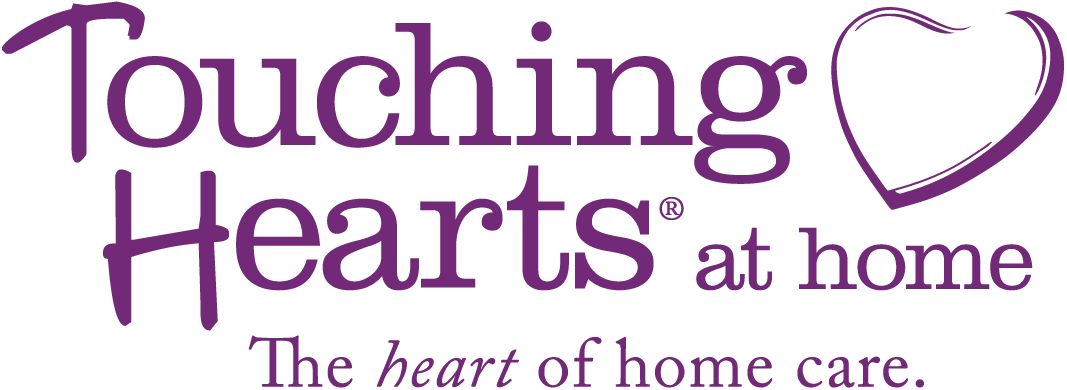As one of the most essential yet strained segments of healthcare, the direct care workforce is not […]
Home health care captured national attention during the COVID-19 pandemic when caregivers were officially designated “essential” healthcare workers. This designation has highlighted a reality that the home care agencies have been aware of for years: Home care is essential healthcare.
However, guidance hasn’t always been clear on whether ALL home care workers are essential or if this designation refers exclusively to home health providers. The stakes of this designation are even higher for caregivers when considering it impacts the allocation of COVID-19 vaccines.
The impacts of this murky guidance aren’t just felt by the home care workers who are left in limbo, wondering if they are allowed to schedule appointments to get their shot. The vulnerable populations these caregivers serve also experience increased risk when members of their healthcare team aren’t given access to vaccinations.
Direct care support is essential healthcare
From helping clients access food, to supporting hygiene and other essential care needs, home care recipients’ health would be fundamentally compromised without home care workers. Home care workers also provide powerful social support for their clients. Especially when considering rates of social isolation among seniors and the health consequences of chronic loneliness (akin to smoking a pack a day) the connection between home care and client health is clear.
Aging expert Bob Kramer highlights the growing demand for home-based care, as vulnerable populations seek to avoid spending time in hospitals during the COVID-19 pandemic. In fact, some home care agencies are already at operating capacity, given the influx of new requests for home care services as COVID-19 cases rise.
COVID-19 has accelerated necessary shifts in how we conceptualize healthcare beyond the pandemic, considering the growing aging in place movement. As more and more older adults opt to stay at home with additional supportive home-based care rather than moving to assisted living facilities, it has never been more important to ensure a homecare environment that is safe for clients and caregivers. And in the context of the COVID-19 pandemic, creating a safe care environment requires vaccinating direct care workers alongside other home health and essential healthcare workers.
Current vaccination realities for home care workers
The Centers for Disease Control and Prevention has issued guidance around initial priority groups for vaccine distribution as follows: status 1a (highest priority), 1b, and 1c, with 1a status given to residents of long-term care facilities and healthcare personnel. While the final decision on distribution is made at the state level, “healthcare personnel” are generally first priority across the board.
While federal guidance leaves many caregivers workers in flux, key local governments have recognized the need to prioritize non-medical direct care workers. For example, the Los Angeles County Department of Public Health officially included home care workers in their 1a phase of healthcare personnel vaccinations. New York state has also issued direct guidance for non-medical home care workers, including them in phase 1b prioritization for vaccination distribution.
This precedent of vaccine prioritization for all home care workers represents key ammunition for advocacy in other states and counties.
What can home care agencies do?
Home care agencies have a key role to play in lobbying public health officials on behalf of their non-medical caregivers. In both New York and Los Angeles, home care agencies were vocal advocates for specific language including non-medical care workers in the essential healthcare designation.
24 Hour Home Care, an agency that advocated for non-medical caregivers in Los Angeles, suggests connecting with public health officials and requesting specific language. 24 Hour Home Care president Ryan Iwamoto explains that home care agencies can use directives given by LA public health officials “as an example to say, ‘Hey, this [priority group] also should include home care as well.’”
Aside from advocacy efforts, home care agencies should also plan to educate caregivers on the importance and safety of available COVID-19 vaccinations. While public confidence in the vaccine is increasing (66% of Americans now say that they will try to get vaccinated, up from 51% in October of 2020), 1 in 3 remain uncertain or unwilling. Given these figures, home care agencies should prepare to debunk myths and address caregiver concerns as vaccinations become available.
Protecting all healthcare workers
Non-medical home care workers provide a critical service in supporting vulnerable populations during the COVID-19 pandemic and beyond. While home health care workers have been clearly designated as essential, home care agencies have a key role to play in advocating for all caregivers to receive clearly defined essential status, and prioritization for vaccinations.
Learn more about how leading home care experts are navigating the new challenges and opportunities of the COVID-19 pandemic in the latest installment of our View From the C-Suite series.






